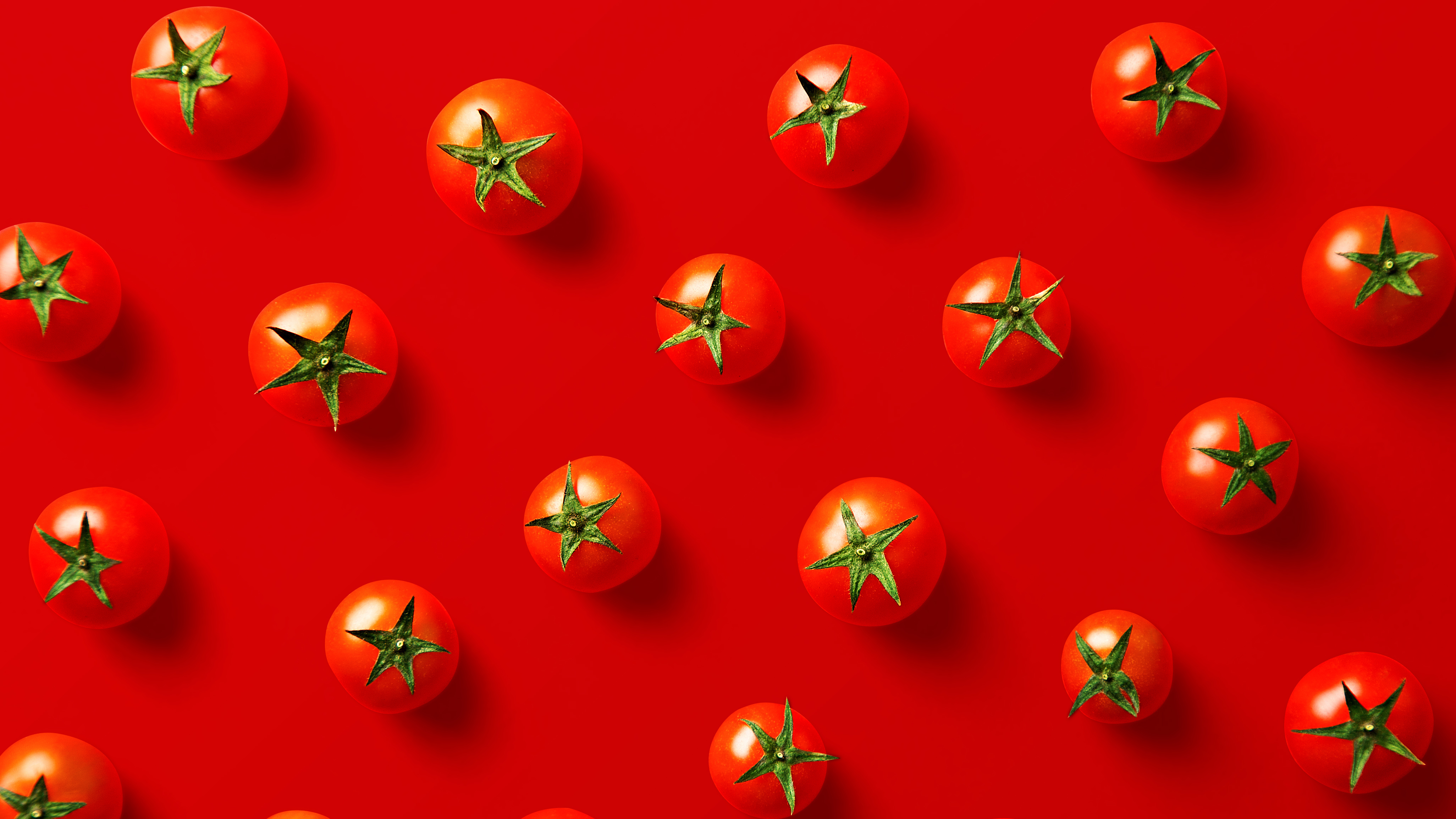The Supreme Court Once Ruled On Whether A Tomato Is A Fruit Or Vegetable
Picture it: I'm just sipping my morning coffee, browsing for weird internet facts (as one does), when I stumble onto a Business Insider piece that checks not one, but three of my favorite weird-fact boxes:
- Word-related
- Food-related
- The Supreme Court
Can you even stand it? I cannot. It's possible I've had too much coffee and I do not care. The case: Nix v. Hedden, 1893.
So in 1883, President Chester A. Arthur signed a new tariff law that required a tax on imported veggies, but not imported fruits. The tomato industry, naturally, saw the potential for a loophole and went bananas (sorry), and a produce merchant (Nix) sued the Collector of the Port of New York (Heller) to get his tomato tax money back. Nix and company argued, and I'm paraphrasing here, "duh, a tomato is a fruit, just read the definition of fruit, what the hell, this is science." The government replied—again, paraphrasing—"okay, but, like, is a cucumber a vegetable? Because they're basically the same, and also, tomatoes are clearly vegetables."
Then the two sides read out dictionary definitions at each other. Per Wikisource:
The defendant's counsel then read in evidence from Webster's Dictionary the definitions of the words "pea," "egg plant," "cucumber," "squash" and "pepper."
The plaintiff then read in evidence from Webster's and Worcester's dictionaries the definitions of "potato," "turnip," "parsnip," "cauliflower," "cabbage," "carrot" and "bean."
I'm starving.
Anyway, back to the highest court in all the land. The verdict was unanimous: Tomatoes are a vegetable. Justice Horace Gray wrote for the majority, which again, was all of them:
Botanically speaking, tomatoes are the fruit of a vine, just as are cucumbers, squashes, beans, and peas. But in the common language of the people, whether sellers or consumers of provisions, all these are vegetables which are grown in kitchen gardens, and which, whether eaten cooked or raw, are, like potatoes, carrots, parsnips, turnips, beets, cauliflower, cabbage, celery, and lettuce, usually served at dinner in, with, or after the soup, fish, or meats which constitute the principal part of the repast, and not, like fruits generally, as dessert.
BI concludes their delightful piece, which also goes into the culinary and botanical definitions of the word 'fruit', with a quote attributed to journalist Miles Kington: "Knowledge is knowing that a tomato is a fruit. Wisdom is not putting it in a fruit salad." I will end mine with not a quote, but a wish: please oh please, let the Supreme Court rule on the hot dog debate. Ruth Bader Ginsburg already has.
